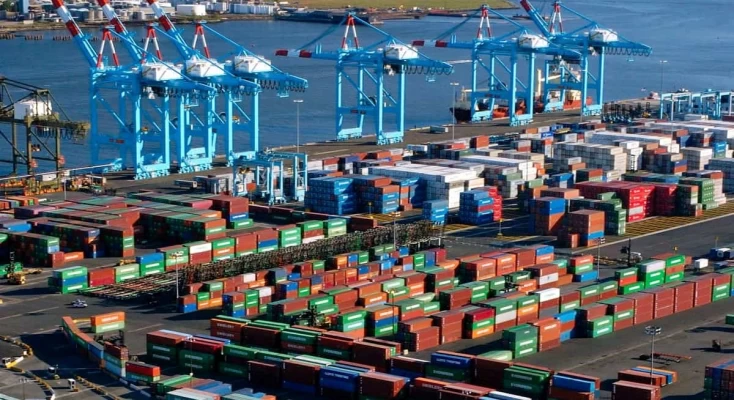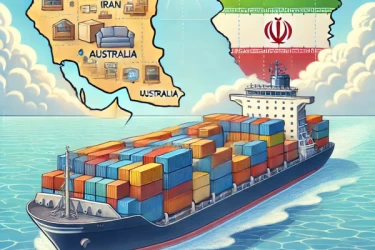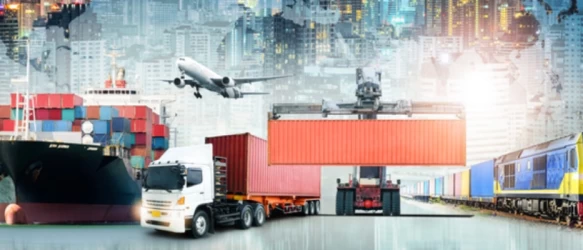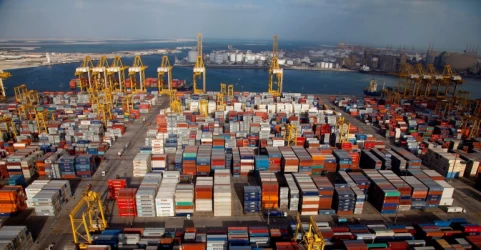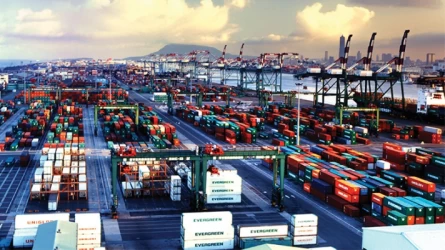Sea Freight in Elizabeth Port
Elizabeth Port, located in New Jersey, USA, is a critical hub for sea freight operations on the East Coast. As part of the Port of New York and New Jersey, it plays a pivotal role in international trade, handling a significant volume of cargo annually. This article delves into the various aspects of sea freight at Elizabeth Port, including its infrastructure, operations, and the economic impact it has on the region.
Historical Background
Elizabeth Port has a rich history dating back to the early 20th century. Initially developed to support the burgeoning industrial activities in the region, it has evolved into one of the most advanced and busiest ports in the United States. Over the decades, the port has undergone numerous expansions and upgrades to accommodate the growing demands of global trade.
Infrastructure and Facilities
Elizabeth Port boasts state-of-the-art infrastructure designed to handle a wide range of cargo types. Key facilities include:
- Container Terminals: The port is equipped with multiple container terminals, featuring advanced cranes and automated systems for efficient loading and unloading of containers. The APM Terminals Elizabeth is one of the largest and most technologically advanced terminals on the East Coast.
- Warehousing and Storage: Extensive warehousing facilities are available for the storage of goods, ensuring that cargo can be securely held before distribution. These warehouses are equipped with modern inventory management systems to track and manage goods efficiently.
- Transportation Links: The port is well-connected to major highways and rail networks, facilitating seamless transportation of goods to and from the port. This connectivity is crucial for the timely delivery of cargo to its final destination.
Operations and Services
The operations at Elizabeth Port are characterized by efficiency and reliability. Key services offered include:
- Container Handling: The port handles millions of TEUs (twenty-foot equivalent units) annually, making it one of the busiest container ports in the country. Advanced container handling equipment ensures quick turnaround times for vessels.
- Customs and Inspection: The port has robust customs and inspection facilities to ensure compliance with international trade regulations. This includes thorough inspections of cargo to prevent illegal activities and ensure the safety of goods.
- Logistics and Distribution: Elizabeth Port serves as a major logistics hub, with numerous logistics companies operating within the port area. These companies provide a range of services, including freight forwarding, customs brokerage, and distribution.
Economic Impact
Elizabeth Port significantly contributes to the local and national economy. Some of the key economic impacts include:
- Job Creation: The port is a major employer in the region, providing jobs to thousands of people in various roles, including dockworkers, logistics professionals, and administrative staff.
- Trade and Commerce: The port facilitates international trade, enabling businesses to import and export goods efficiently. This, in turn, supports local businesses and contributes to economic growth.
- Revenue Generation: The port generates substantial revenue through port fees, tariffs, and other charges. This revenue is reinvested into the port’s infrastructure and services, ensuring continuous improvement and expansion.
Environmental Initiatives
In recent years, Elizabeth Port has undertaken several initiatives to minimize its environmental impact. These include:
- Electrification Projects: The port is investing in electrification projects to reduce emissions from port operations. This includes the use of electric cranes and other equipment.
- Sustainability Programs: Various sustainability programs are in place to promote eco-friendly practices within the port. These programs focus on reducing waste, conserving energy, and protecting marine life.
- Community Engagement: The port actively engages with the local community to address environmental concerns and promote sustainable development. This includes regular consultations with stakeholders and the implementation of community-focused projects.
Challenges and Future Prospects
Despite its many strengths, Elizabeth Port faces several challenges, including:
- Congestion: The high volume of cargo can lead to congestion, affecting the efficiency of port operations. Efforts are being made to address this issue through infrastructure upgrades and improved traffic management.
- Regulatory Compliance: Ensuring compliance with international trade regulations is a continuous challenge. The port works closely with regulatory authorities to maintain high standards of compliance.
- Technological Advancements: Keeping up with technological advancements is crucial for maintaining the port’s competitive edge. Investments in automation and digitalization are essential for future growth.
Looking ahead, Elizabeth Port is poised for continued growth and development. Ongoing investments in infrastructure, technology, and sustainability will ensure that the port remains a key player in global trade.
Vital Sea Freight Connections Between Elizabeth Port and Iran
Sea freight between Elizabeth Port in New Jersey and Iran is a vital link in international trade, facilitating the movement of a wide range of goods. This route supports the export of industrial machinery, electronics, and consumer goods from the United States to Iran, while enabling the import of Persian carpets, petrochemical products, and agricultural commodities into the U.S. The efficient handling and advanced logistics at Elizabeth Port ensure timely and secure transportation, making it a crucial hub for businesses engaged in transcontinental trade. Despite geopolitical challenges, the demand for sea freight services on this route remains robust, driven by the diverse economic needs of both regions.
Conclusion
Elizabeth Port is a vital component of the global supply chain, offering efficient and reliable sea freight services. Its advanced infrastructure, comprehensive services, and commitment to sustainability make it a model for modern port operations. As it continues to evolve, Elizabeth Port will undoubtedly play an increasingly important role in facilitating international trade and driving economic growth.
if you have a specific question or need more details about Elizabeth Port, Iran's logistics experts are your answer!

